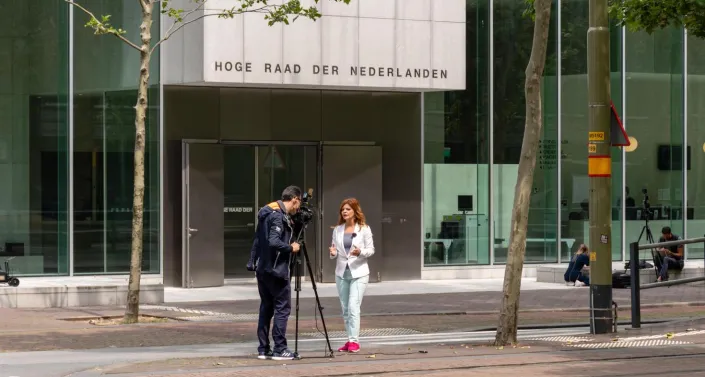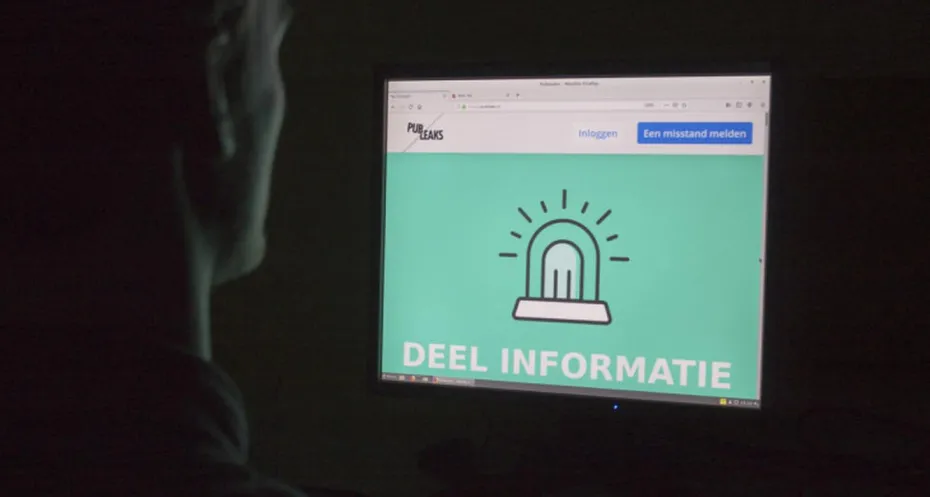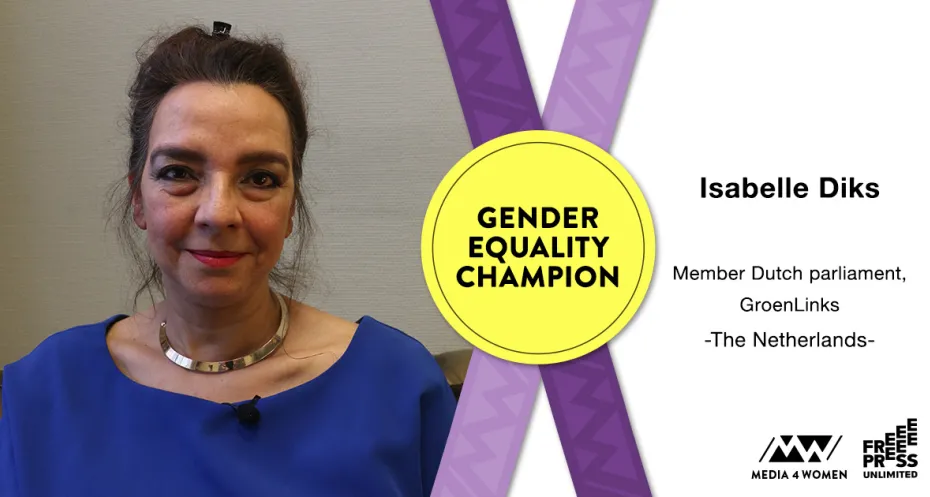
Netherlands
The Netherlands remains a relatively safe haven for journalists. However, despite the favorable conditions for press freedom, aggression against journalists has increased sharply in recent years. In 2021, 272 reports of bullying, intimidation and violence against journalists were registered by the Dutch monitoring organisation PersVeilig, compared to 121 in 2020. This bleak reality was reflected in the World Press Freedom Index of Reporters without Borders (RSF) in May 2022. The Netherlands dropped from 6th to place 28 on this index. The Netherlands has never been placed so low.
The news media sector is characterised by high market concentration. The potential merger of Dutch broadcasters RTL and Talpa could soon see the media landscape dominated by three major players. There is little legislation that counteracts media concentration and promotes transparency regarding ownership. Additional funding is being released from the government to support local news media. However, there is no legal regulation that guarantees the (political) independence of the media.
Safety of journalists
Led by Free Press Unlimited and the European Center for Press and Media Freedom (ECPMF), the Media Freedom Rapid Response project has organised an international mission on the safety of journalists in the Netherlands. The mission, which took place at the beginning of 2022, mapped out the declining safety of journalists in the Netherlands. The end result is a comprehensive report on the safety of journalists in the Netherlands.
A number of findings of the mission stand out. First, the threat from organised crime. During the mission it became clear that Dutch protection mechanisms for crime journalists are not fitting. Second, the threat to female journalists specifically. Female journalists generally experience more intimidation and bullying online than male journalists. Sexism and racism are common online. The Dutch approach to the safety of journalists does not take this sufficiently into account. Finally, the aggression against journalists during demonstrations is striking, a greater understanding and better protection of the role of the journalist during demonstrations is needed.
Here you find the full report and recommendations. The report was formally presented to the House of Representatives by Free Press Unlimited on 14 June 2022. Shortly afterwards, the Ministry of Education, Culture and Science published a plan of action for press freedom and press safety.
Monitoring legislation
Free Press Unlimited is committed to ensuring that legislation does not hinder journalists' right to information, and encourages regulations that support press freedom so that journalists can carry out their crucial work without interference.
For example, Free Press Unlimited, together with Bits of Freedom, campaigned against the Intelligence and Security Services Act that was proposed in the Netherlands. Under this law, intelligence services were given the opportunity to massively collect data and communications from the internet. This has disastrous consequences for the fundamental right to source protection for journalists. This ultimately contributed to the launch of a referendum in which the majority of the Dutch people voted against the introduction of this law.
In addition, Free Press Unlimited, in collaboration with the Dutch Association of Journalists, the Dutch Association of Editors in Chief and the Press Freedom Fund Foundation, has campaigned for the position of journalists in a law that penalised the stay in an area controlled by a terrorist organisation. This law initially required journalists to request permission from the minister before traveling to a terrorist-marked area to report. In those areas, this gives the impression that journalists are affiliated with the government which endangers their safety. Free Press Unlimited successfully argued for an exception to the law for journalists in the Senate.
Finally, we keep a close eye on developments regarding the new Open Government Act (WOO), which replaces the Government Public Access Act. The law aims to achieve more transparency about government actions, but we doubt whether it will really enable the “cultural change” to a transparent government.
Photo: WATimmer



